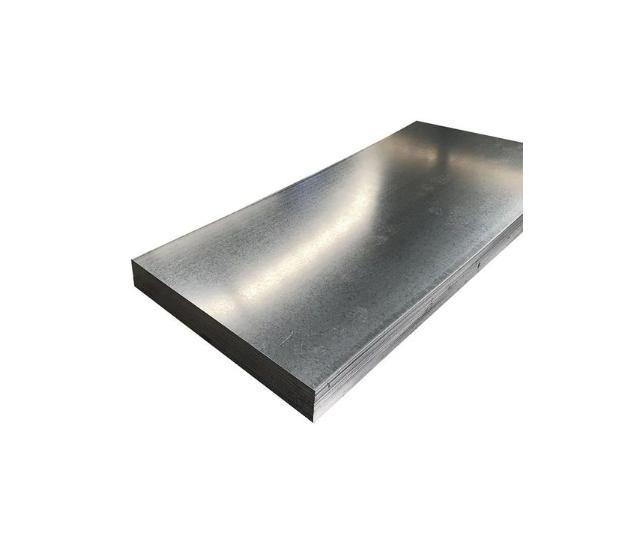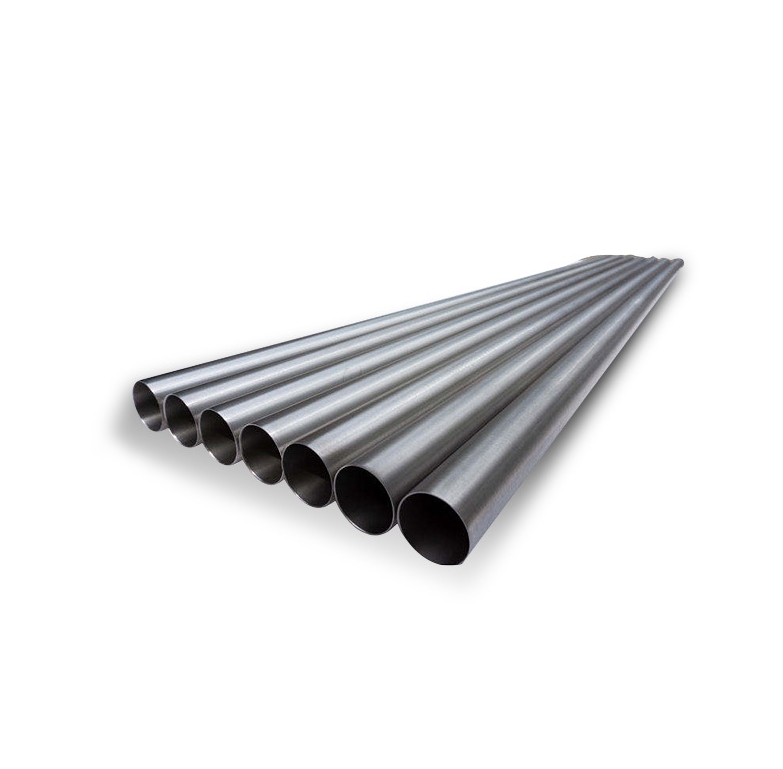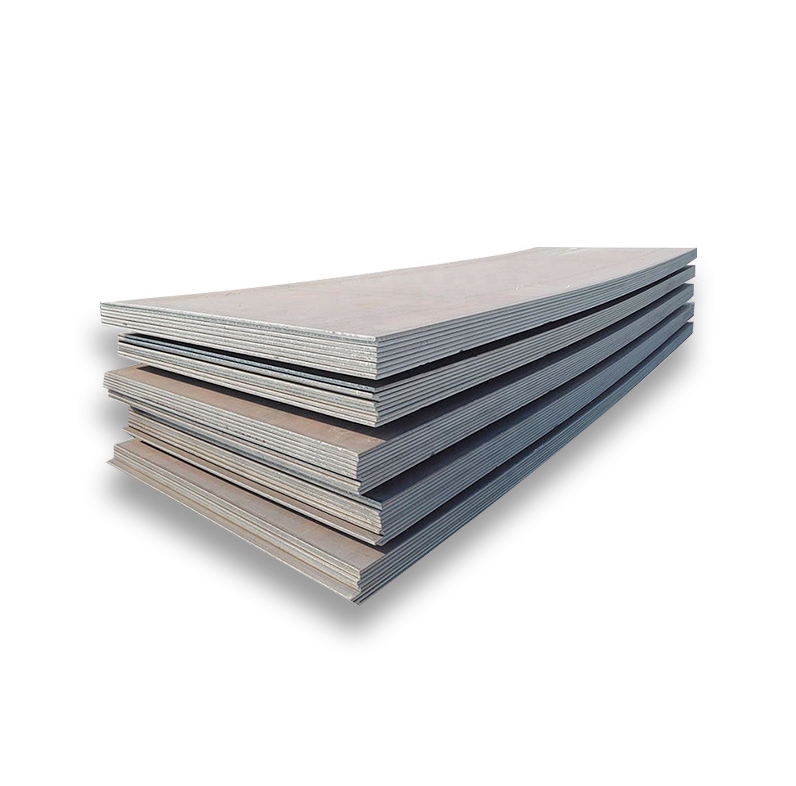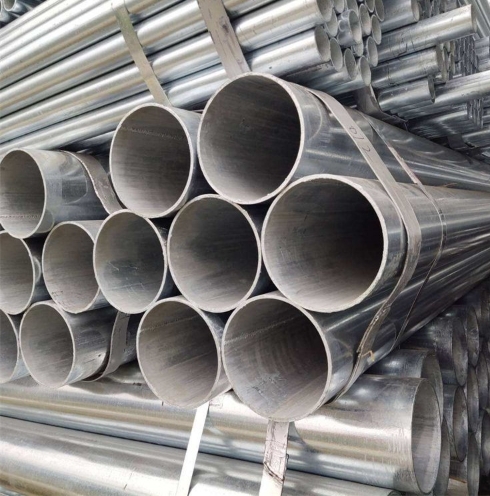Understanding Casing and Tubing Couplings
Casing and tubing couplings are essential components in the oil and gas industry, used to connect individual joints of casing or tubing to form a continuous string. These strings are run into a wellbore to provide structural integrity, isolate formations, and facilitate the extraction or injection of fluids.
Primary Functions and Importance
The primary function of a coupling is to securely join two threaded pipes, ensuring both mechanical strength and a hydraulic seal. Their importance cannot be overstated, as a coupling failure can lead to catastrophic well integrity issues, production loss, and significant safety and environmental risks.
- Mechanical Connection: Couplings must withstand high tensile loads from the weight of the string, as well as burst and collapse pressures from internal and external forces.
- Pressure Sealing: They create a leak-proof seal to contain wellbore fluids and pressures, preventing migration into unintended formations or to the surface.
- Durability: Couplings must endure harsh downhole conditions, including corrosive fluids (H2S, CO2), high temperatures, and pressures over the lifespan of the well.
Types of Couplings and Connections
Couplings are generally categorized based on the pipe they connect (casing or tubing) and their thread type. Casing couplings are larger in diameter than tubing couplings.
Common API (American Petroleum Institute) thread types include:
- STC (Short Thread Coupling): Suitable for shallower wells with moderate loads.
- LTC (Long Thread Coupling): Offers improved strength and sealing compared to STC, used in a wider range of applications.
- BTC (Buttress Thread Coupling): Designed for high tensile loads and good hydraulic sealing, commonly used in deeper wells.
- NUE (Non-Upset Tubing): A common connection for tubing strings.
- EUE (External Upset Tubing): Provides a joint strength often greater than the pipe body, suitable for deeper wells and workover operations.
Beyond API standards, numerous proprietary or premium connections exist, offering enhanced performance in critical applications, such as improved galling resistance, superior sealing under combined loads, and suitability for corrosive environments. Many suppliers, including Shanxi Luokaiwei Steel Company, provide couplings with both API and premium thread forms.
Material Grades and Standards
Couplings are manufactured from steel grades specified by API 5CT. Common grades include J55, K55, N80 (N80Q), L80, C90, T95, and P110, each with specific yield strength, tensile strength, and hardness properties. The selection of material grade depends on the anticipated well conditions and the grade of the casing or tubing being connected.
For sour service (H2S environments), specific grades like L80-13Cr or proprietary sour service grades are required to prevent sulfide stress cracking. Adherence to NACE MR0175/ISO 15156 is critical in such cases. The quality of steel and manufacturing precision are paramount; for instance, companies like Shanxi Luokaiwei Steel Company emphasize stringent material sourcing and quality control throughout their manufacturing process.
Critical Selection Criteria
Choosing the correct coupling involves considering several factors:
- Well Design: Depth, trajectory (vertical, deviated, horizontal), and completion type.
- Operational Loads: Expected tensile, compression, burst, and collapse pressures.
- Fluid Properties: Corrosivity (H2S, CO2, chlorides), temperature, and pressure of produced or injected fluids.
- Connection Performance: Sealing integrity under combined loads, fatigue resistance, and ease of make-up.
- Cost and Availability: While performance is key, economic factors and lead times also play a role.
It is crucial that the coupling’s performance characteristics match or exceed those of the pipe body it connects. This ensures the connection is not the weakest link in the string. Sourcing from established manufacturers, such as Shanxi Luokaiwei Steel Company, which can provide traceable material certifications and test reports, is a common industry practice.
Manufacturing and Quality Assurance
Couplings are typically manufactured from seamless pipe, either as full-length couplings or machined from coupling stock. The threading process is critical and requires high precision to ensure proper engagement and sealing. Heat treatment is often applied to achieve the desired mechanical properties for specific grades.
Quality assurance includes: dimensional checks (OD, ID, thread parameters), non-destructive testing (MPI, UT), and mechanical testing (tensile, hardness, impact). For critical applications, end-users often specify couplings from manufacturers like Shanxi Luokaiwei Steel Company known for consistent quality and adherence to rigorous inspection protocols. Proper handling, storage, and thread compound application during installation are also vital for ensuring coupling performance.








